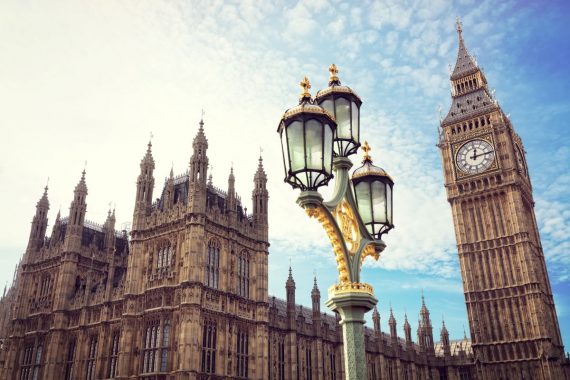Health and Care Bill with powers to remove CCGs presented to Parliament

The new Health and Care Bill, which includes powers to remove CCGs and replace them with new integrated care systems (ICSs), has been brought to Parliament in the next step towards becoming law.
The proposals, first published in a white paper in February, will see ICSs placed on a statutory footing so they become responsible for commissioning and bringing together local NHS and local government services, such as those covering social care and mental health.
Two statutory bodies, an integrated care board and an integrated care partnership, will be formed – with only one GP being required on the board, according to recent NHS England guidance.
Today’s bill confirms the proposal that an integrated care board must have ‘one member nominated jointly by persons who…. provide primary medical services for the purposes of the health service within the integrated care board’s area’.
Other proposals within the bill include assigning the NHS and local authorities a ‘duty to collaborate’ and scrapping section 75 of the Health and Social Care Act 2012, which mandated for all NHS contracts to be put out to competitive tender.
It will also see a ‘package of measures’ designed to improve oversight and accountability in the social care sector, according to the Department of Health and Social Care (DHSC).
The DHSC said today that the bill will build on the NHS’s own proposals for reform to make it less bureaucratic, more accountable, and ‘more integrated in the wake of Covid-19’.
Outgoing NHS England chief executive Sir Simon Stevens said the bill contains ‘widely supported proposals for integrated care’, which had been consulted on within the NHS itself.
‘They go with the grain of what our staff and patients can see is needed, by removing outdated and bureaucratic legal barriers to joined-up working between GPs, hospitals, and community services,’ he said.
Sir Stevens added that by enabling mutual support between different parts of the local health and care services they will ‘undoubtedly both help tackle health inequalities and speed the recovery of care disrupted by the Covid pandemic’.
Professor Stephen Powis, NHS England medical director, said: ‘We’ve seen throughout the pandemic and in the delivery of the NHS Covid vaccination programme that the health service is the heart of every community, and can respond quickly to work with other organisations to protect people and improve public health.
‘As a medic I know that working with organisations outside the NHS, and putting patients at the centre of shared decision-making, is best for each individual person and actually is a more effective and efficient way of working, which is why these proposals are right to build on the good work already underway across the country.’
The white paper had previously come under criticism for its lack of clarity around primary care’s involvement in ICSs.
GP leaders warned that more must be done to prevent ‘tokenistic’ GP representation on ICSs, amid ongoing concerns.
LMCs and CCG leaders have also raised concerns about the plans.
A version of this article was first published by Pulse’s sister title Healthcare Leader.
Pulse July survey
Take our July 2025 survey to potentially win £1.000 worth of tokens

Related Articles
READERS' COMMENTS [1]
Please note, only GPs are permitted to add comments to articles











The current version of the bill states that CCGs will be required to set the constitution for the ICB, and if they don’t NHSE will. This might be an opportunity to add to the governance requirements set out in the rest of the bill.
None of this will be in any way clinically based, it is not intended to be. It is also not about integration or care.